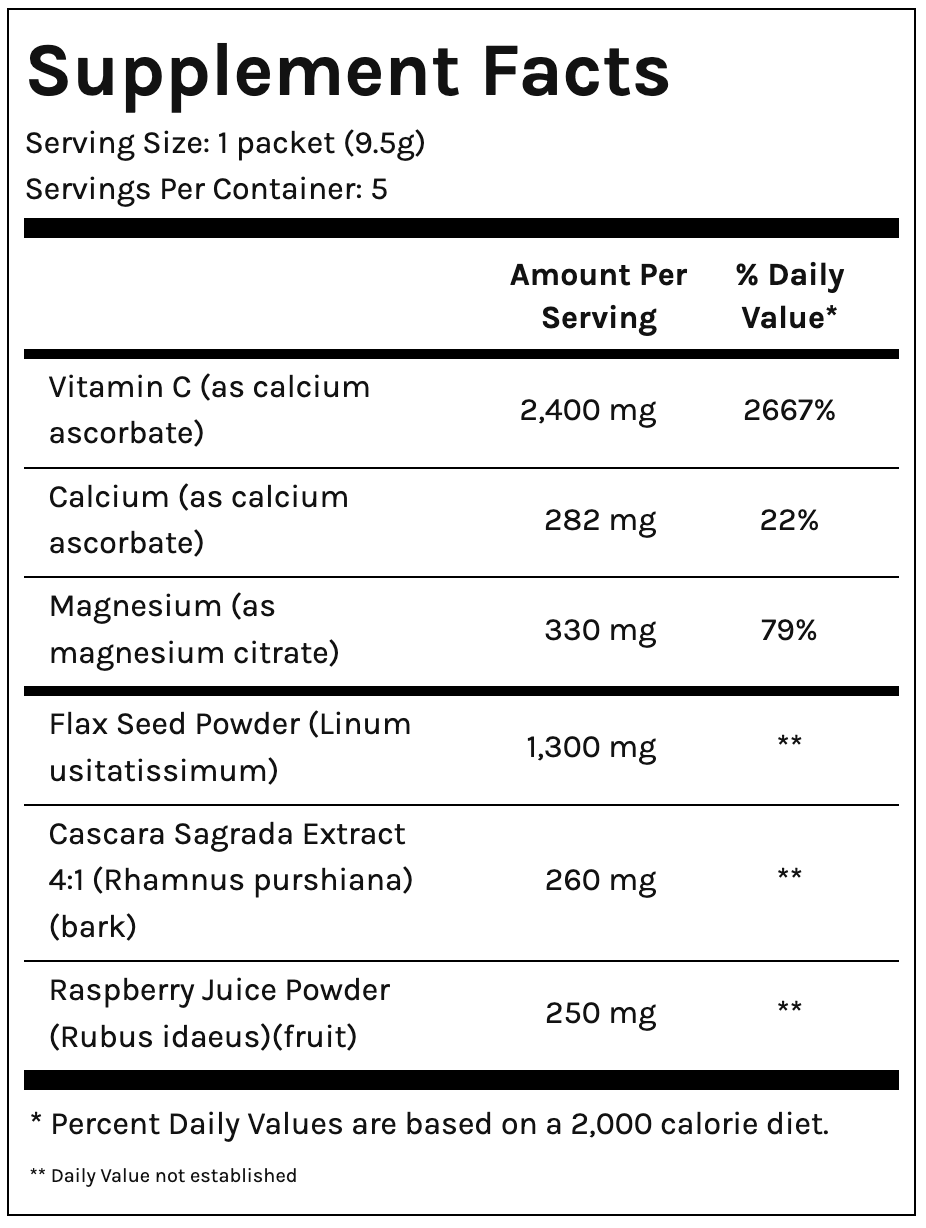When you travel, your body goes through a lot of changes. One of the most common issues people experience is constipation. This can be due to a variety of reasons, but here are a few of the most common causes:
Change in diet: Traveling often means eating out at restaurants or trying new foods. These meals can be high in fat and low in fiber, which can slow down your digestion and make it harder to have a bowel movement. Additionally, the food may contain unfamiliar ingredients that your body is not used to, which may also cause digestive issues.
Lack of routine: When you're on the go, it can be hard to stick to your usual routine. This includes things like eating at regular intervals, getting enough sleep, and even going to the bathroom. These disruptions to your routine can cause your digestive system to slow down, leading to constipation.
Dehydration: Traveling can also lead to dehydration, especially if you're in a hot and dry climate or spending a lot of time in air-conditioned environments. Dehydration can make it harder for your body to break down and eliminate waste, leading to constipation.
Stress: Travel can be stressful, whether it's due to long flights, jet lag, or navigating unfamiliar places. Stress can have a negative impact on your digestion, making it harder to have a bowel movement.
There are some things you can do to avoid or alleviate constipation while traveling. To maintain your diet, you can plan and bring healthy snacks, or look for local supermarkets. Staying hydrated by drinking enough water, eating foods high in water, and staying active (even a small walk after meals can help) also can help prevent constipation. Try to stick to your regular routine as much as possible, and make sure you're getting enough sleep each night.
We created Travel-eeze to help relieve vacation constipation with no cramping, no urgency, no runs, and no dehydration. The better for you formula brings together natural laxative ingredients for ease and flow.
If you find that you're still experiencing constipation despite these preventative measures, you can also try over-the-counter remedies such as laxatives or stool softeners, as well as probiotics to help re-regulate your digestive system. But always consult a healthcare professional before taking any medication especially if you have any pre-existing conditions.




